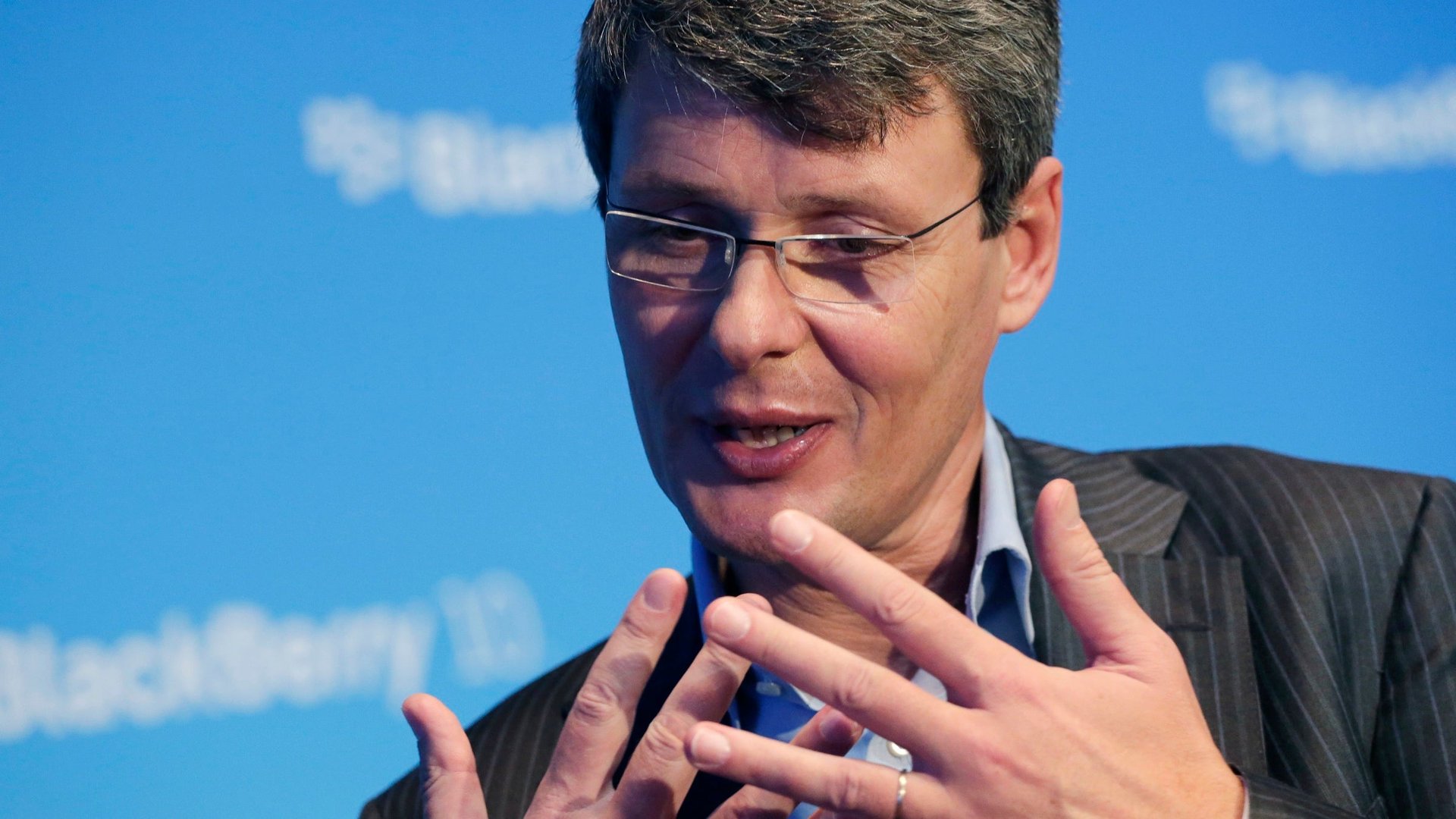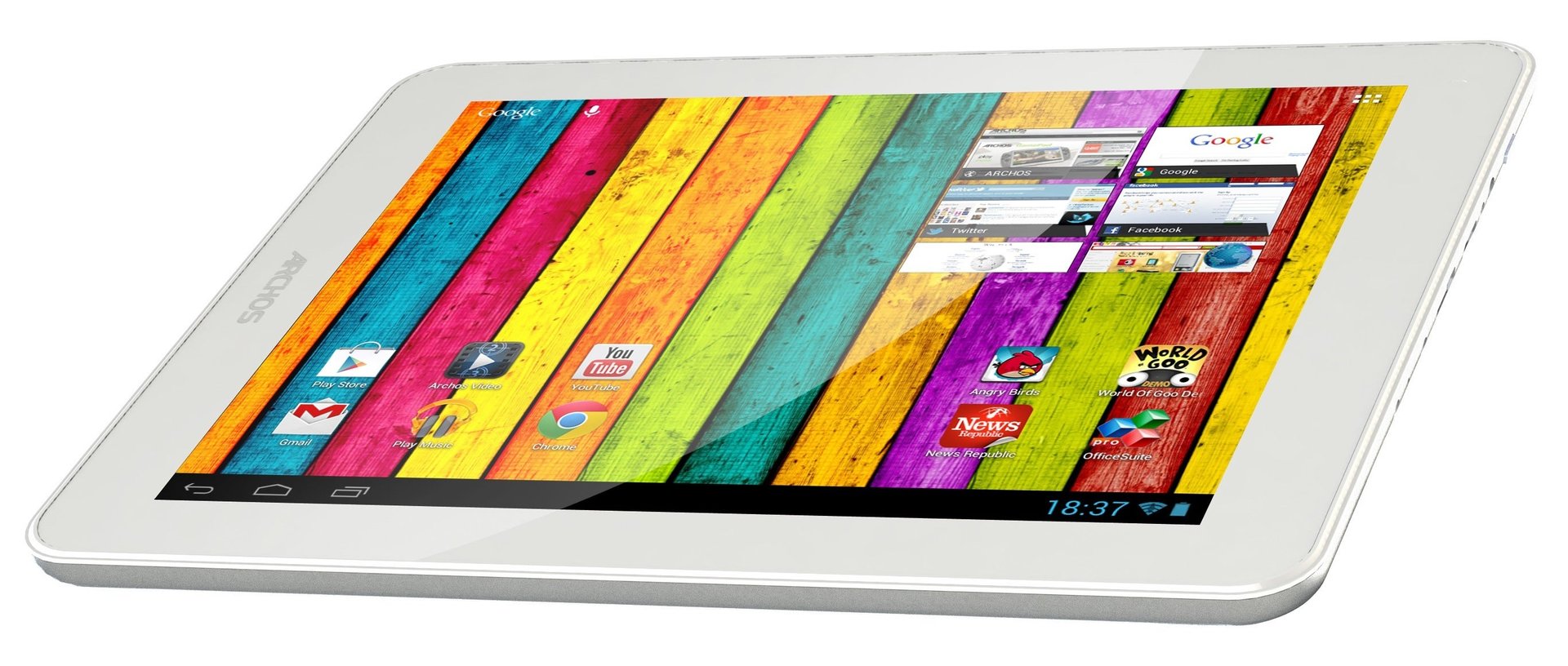BlackBerry’s CEO is correct: There’s no future in tablets
If you think PC manufacturers are hurting as consumers opt for tablets and other devices, what’s to stop the same downward spiral of razor-thin margins from destroying the fortunes of tablet makers, as well? That appears to be the logic of BlackBerry CEO Thorsten Heins, who told Bloomberg today that his company is not going to make another tablet unless it can justify the launch with sufficient profit.


If you think PC manufacturers are hurting as consumers opt for tablets and other devices, what’s to stop the same downward spiral of razor-thin margins from destroying the fortunes of tablet makers, as well? That appears to be the logic of BlackBerry CEO Thorsten Heins, who told Bloomberg today that his company is not going to make another tablet unless it can justify the launch with sufficient profit.
Given that a deluge of relatively inexpensive tablets are coming hard and fast from many manufacturers, another way to translate Heins’ assertion is that BlackBerry is never going to make another tablet.
The post-PC has become the PC

Meet the Archos 80 Titanium. For all intents and purposes, it’s a clone of the iPad Mini, down to its screen, which has the exact same resolution. Except the Archos 80 Titanium is almost exactly half the price of an iPad Mini—$169 versus $329.
In other words, the tablet market is now identical to the PC market of the late 1990s, after Steve Jobs returned to Apple and during a time when Macintosh computers were significantly more expensive than PCs running Windows. Consumers have a choice: Save themselves some coin on a more open, flexible platform that isn’t as heavily designed, or go for the safety of Apple’s walled garden, which they may be locked into already, thanks to a heavy investment in apps for their iPhone and previous iPads.
The re-commodification of consumer tech
So what place does BlackBerry have in that morass? The company is fighting so hard for mobile market share right now that it can’t count on an Apple-like halo effect to get consumers to consider yet another tablet, with its own app store and distinct mobile OS. And competing with cheap Android tablets on price is a losing game.
BlackBerry is already the BlackBerry of the mobile world—the last thing it wants to do is to double down on its misfortune by becoming the Dell of tablets. The future of tablets, as a commodity, belongs to the high-volume, low margin players. What that means for Apple’s market share is anyone’s guess, but if the history of the PC is any guide, it’s going to continue to shrink until it represents just that portion of people who are willing to pay a steep premium for what they feel is a superior user experience.